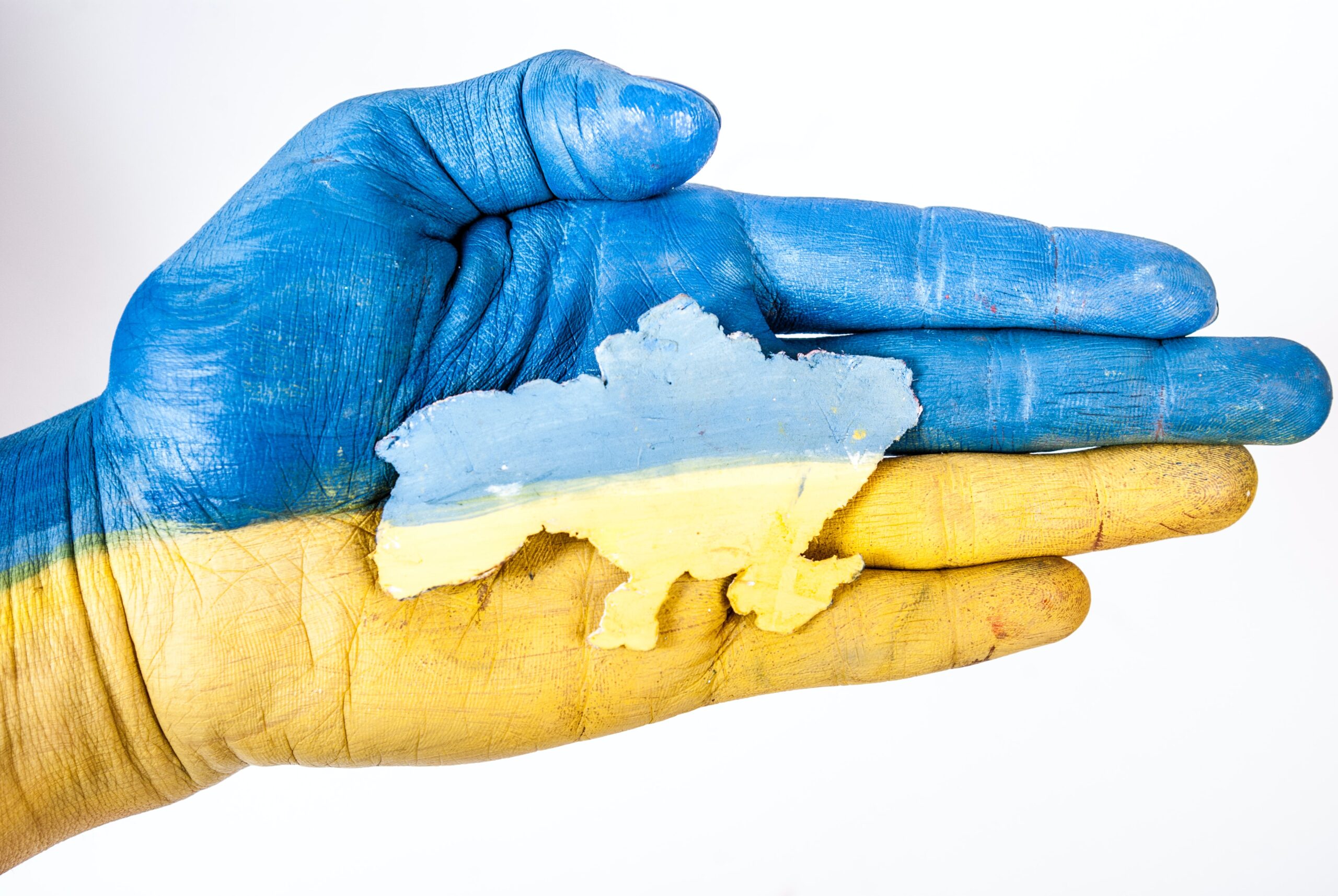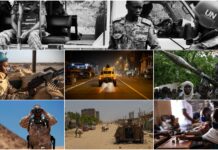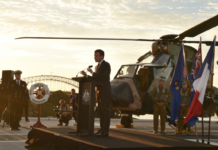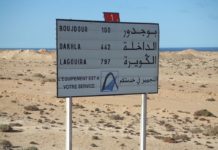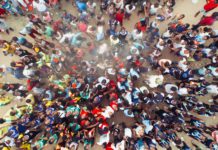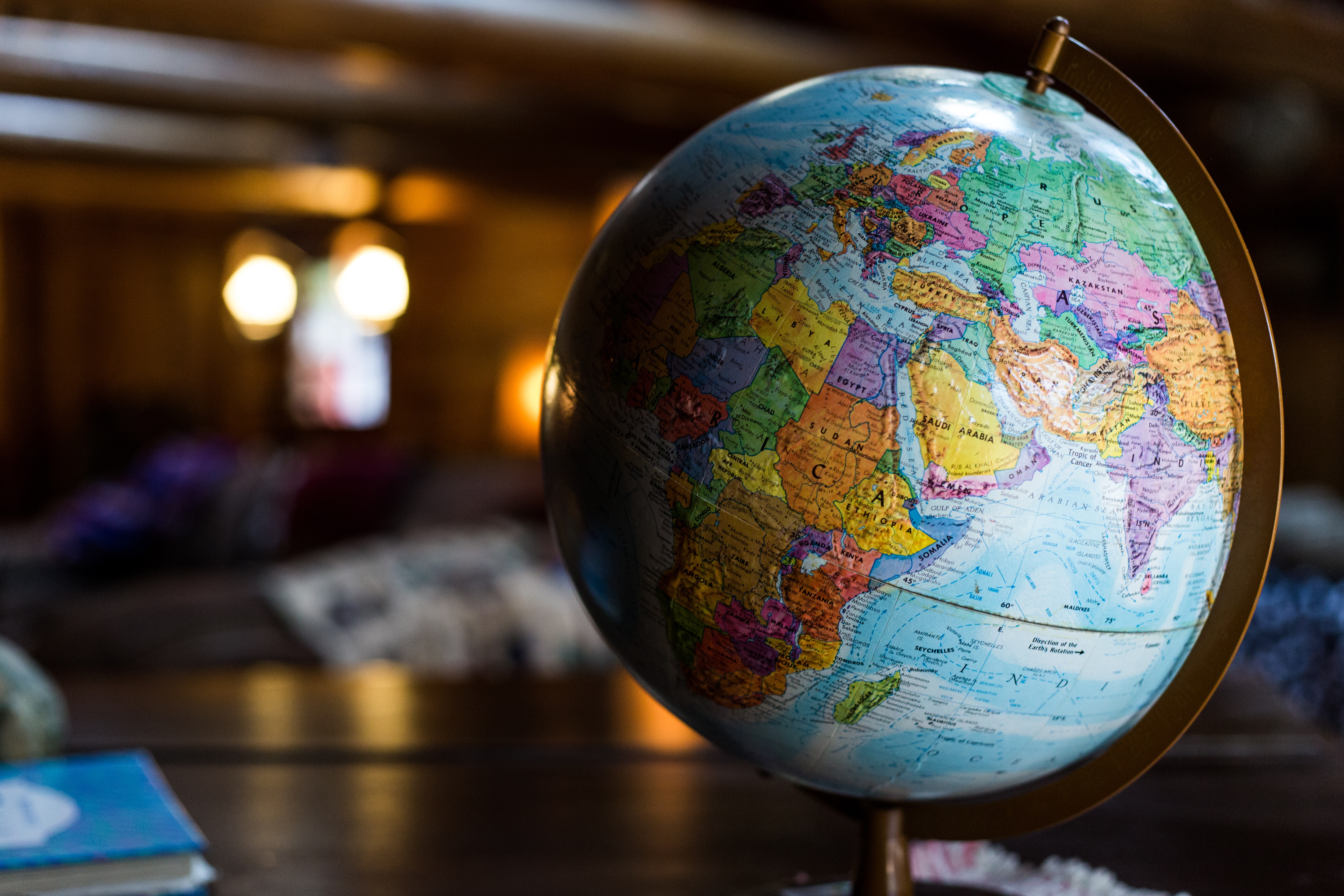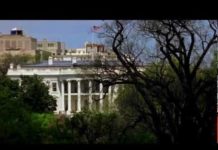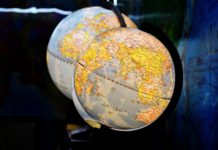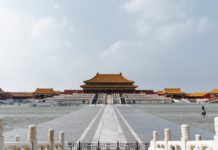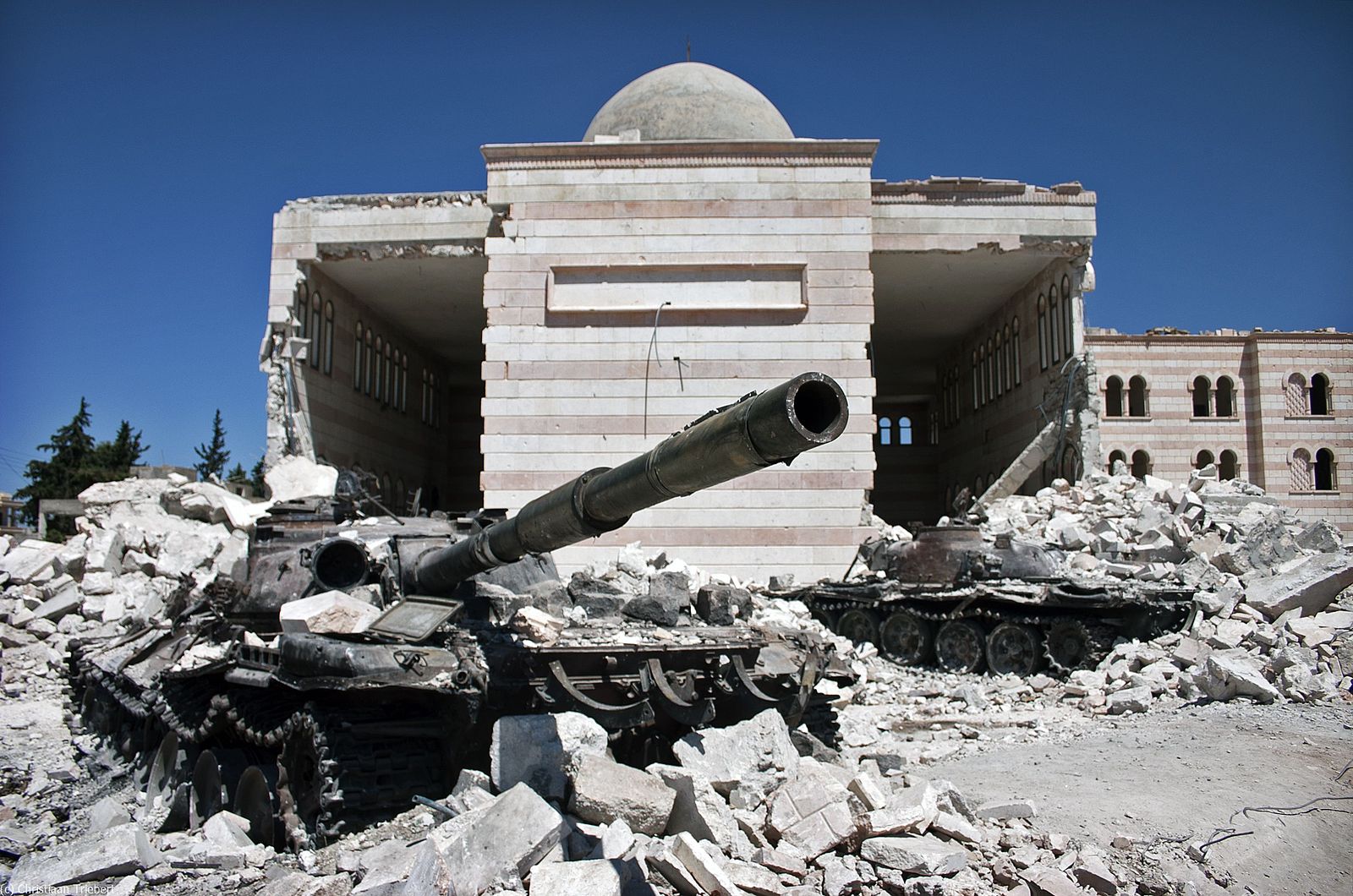Three situations to watch for in 2018 – the below analysis was written in late December 2017 and so it reflects developments up to and as of that date.
Mugabe out, Mnangagwa in
On 22 November 2017, Robert Mugabe resigned as President of Zimbabwe after a military take over and an eight-day political crisis as he lost his grip on the country and the ruling Zanu-PF party. Former Mugabe’s vicepresident and protégé Emmerson Mnangagwa has succeeded him in power effectively ending more than 35 years of Mugabeism and generating expectations of a transition to a new, more democratic Zimbabwe. The new order has been accepted by the international community but 2018 will prove key to determine if Mnangagwa is capable of delivering free elections and much needed economic and political reforms (Read International Crisis Group’s latest report on Zimbabwe).
SA’s ANC elects a new leader
In South Africa, Deputy President Cyril Ramaphosa was elected leader of the ruling African National Congress (ANC) in December 2017. Ramaphosa is a former Trade Union leader turned businessman who has promised to curb corruption and return the country to the path of economic growth. Investors rallied on the news as Ramaphosa is now set to become the next President of South Africa at the 2019 elections. The image of the ANC has worsened considerably under the tenure of Jacob Zuma as the current President is facing tens of charges of corruption and money laundering.
Secessionism resurfaces
2017 saw a surge in secessionist sentiment in a number of countries across Sub-Saharan Africa. In Cameroon, English speaking communities who feel marginalised by the French-majority population and central government are making demands that straddle from greater autonomy through to all-out secession. Meanwhile, Nigeria has seen a resurgence in Biafran separatism more than 50 years since the Civil War, and in Kenya the post-elections stalemate has resulted in demands for political reform while also leading to heightened Western Kenyan breakaway sentiment. The African Union has vouched to watch the situation closely in 2018, a year in which more than a dozen countries will hold elections, including the DRC, Mali, Madagascar and possibly Zimbabwe.


